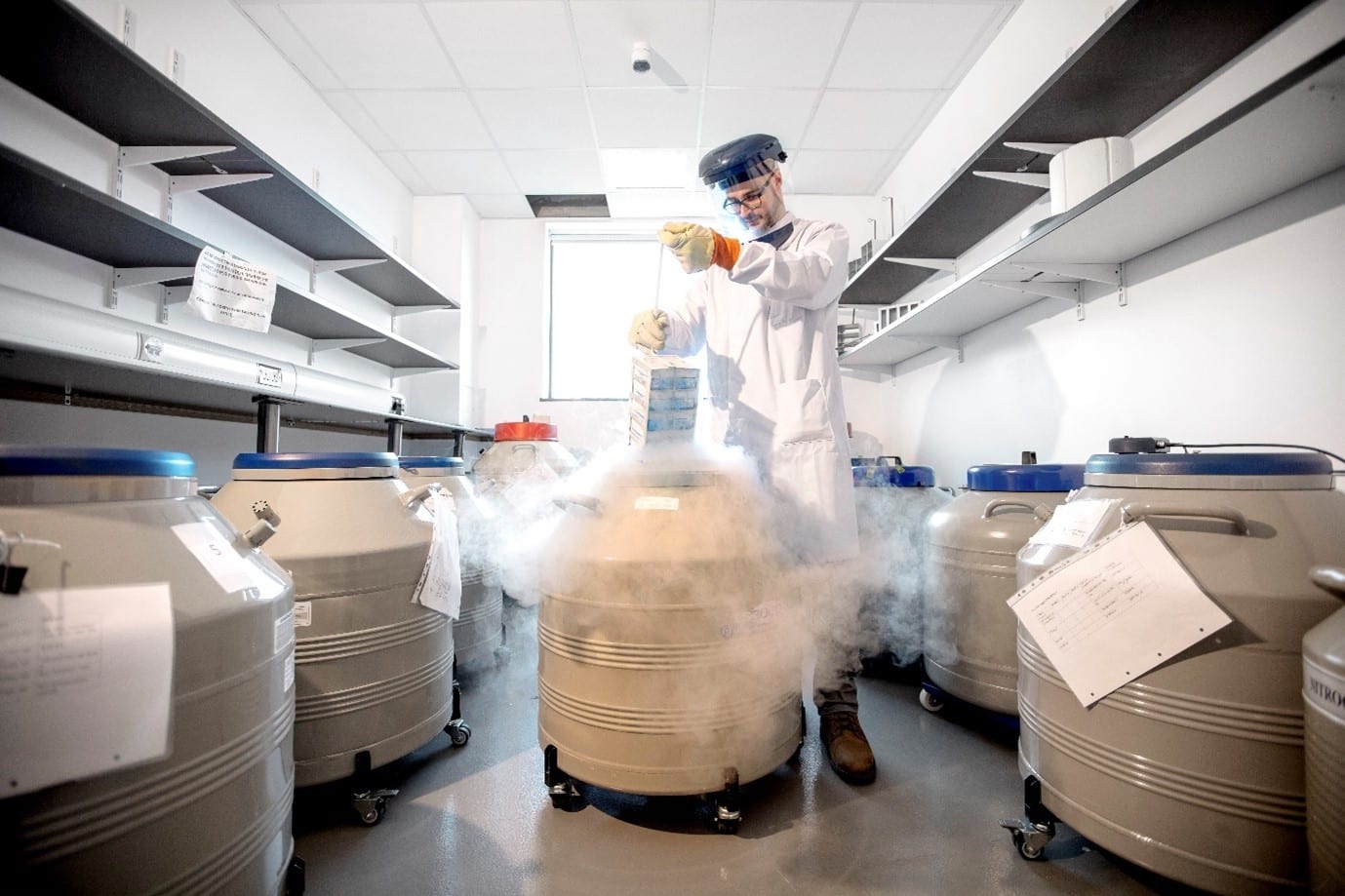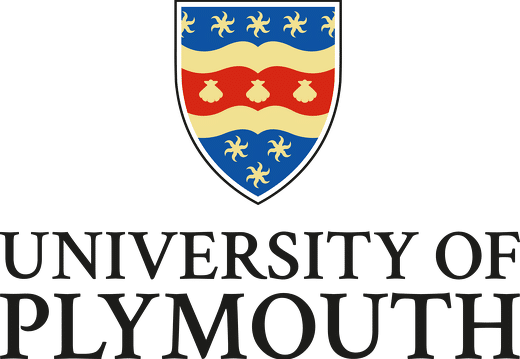Fulfiling, productive and memorable — these words defined Kalilu S. Donzo’s pursuit of an MSc Biomedical Science at the University of Plymouth. Today, he is a PhD candidate at the West African Centre for Cell Biology of Infectious Pathogens (WACCBIP), University of Ghana. It’s another testament to how a University of Plymouth education can take you far.
“During my Chevening scholarship application, there were many factors that influenced my decision, but one of the main ones that drew me to Plymouth was its consistently high ranking and stellar reputation in the field of biomedical science, coupled with the calibre of its faculty and research,” he says.

Today, Kalilu S. Donzo is pursuing his PhD in West African Centre for Cell Biology of Infectious Pathogens (WACCBIP) at the University of Ghana. Source: University of Plymouth
Take Dr. Eve Kelland, for example. Her research interest focuses on neuroprotective and regenerative interventions to improve the lives of individuals living with multiple sclerosis, an autoimmune and neurodegenerative disease of the central nervous system. Dr. Kelland recently relocated her research activities and joined the School of Biomedical Sciences following a long and successful time in the US. “I grew up in Plymouth and have watched this university go from strength to strength over the years. I have been impressed with the growth, progress and research outputs from the Faculty of Health, along with the outstanding research facilities, so much so that I was eager to join and be a part of this research community.” .
Dr. Kelland is one of many experts teaching, guiding and inspiring aspiring health professionals enrolled at the School of Biomedical Sciences’s Biomedical Science, Human Biosciences, Nutrition, Exercise and Health, and Clinical Physiology programmes. Rich, research-led and varied, these programmes owe their impact to the dedication and prowess of faculty here. Whether it’s through practical facilities, placements or taught real-world interactions, faculty members ensure students get to apply and test their knowledge — a crucial foundation that has prepared scores of past students for their future careers.
In the BSc (Hons) Clinical Physiology, students benefit from an integrated placement at a Major Trauma Centre located in Southwest England. World-class facilities include the Clinical Physiology Suite, a specialised cardio-respiratory laboratory. All this training culminates in graduates confident and ready to become clinical physiologists or healthcare science practitioners.
Rutendo Mupfumi, a first-year BSc (Hons) Biomedical Science student, finds the hands-on experiences enriching. “From engaging lectures to hands-on practical sessions, I have gained a solid foundation of knowledge and developed the ability to apply it to real-world situations enabling me to flourish as an individual,” she says.
“Through these immersive experiences, I have not only expanded my knowledge and academic horizons but also sharpened my critical thinking and problem-solving skills. The University of Plymouth has provided me with a rich academic environment where I have been able to explore my passions and excel in my chosen field of study of Biomedical Science.”

Rutendo Mupfumi joined the School of Biomedical Sciences by enrolling in the Foundation programme: BSc (Hons) Biomedical Science with Integrated Foundation Year. Source: University of Plymouth
While lessons stimulate students intellectually, life beyond classrooms invigorates them. There’s a lot to do within and beyond campus, sometimes too much that it may be overwhelming during their first weeks or months. A Peer Assisted Learning Scheme provides an additional layer of support for students to develop their study skills and revise course content. Here, senior students work with juniors on the same course and within small groups to discuss ideas, complete tasks, and check each other’s understanding in a relaxed and friendly environment. It’s an approach that lets students meet their academic goals while fully enjoying their time at university and in a city as filled with thrills as it is with startling natural beauty.
Dedicated advisers at the Student Hub also help students get the most out of their time at university by offering one-to-one support and appointment or delivering support groups.
Those seeking clarity in their career paths can avail themselves of the university’s Career Services. They can meet with an adviser to discuss any careers-related enquiries, join a skills development workshop, or even participate in employer-led recruitment events. Likewise, students can find part-time work, volunteering, placements, internships and mentoring opportunities.
How else does the University of Plymouth stand out from other institutions in the UK? By offering a wide range of clubs and societies that cater to various interests. Whether it is Biomed, MedSoc, Biology, Basketball, Cycling, Rowing, Stand Up Paddleboarding and many more, there is plenty to choose from — something which Mupfumi appreciates.
“The vibrant array of societies provides a gateway to a world of possibilities, enabling me to cultivate both my existing talents and discover new ones,” she shares. “Whether it is joining academic organisations or participating in societies that pushed me outside my comfort zone, I was able to explore exciting new avenues of learning and personal development.”

Student Alice Nunn presenting her exciting research project in a poster conference. Source: University of Plymouth
The final year undergraduate project achieves the same. Lab-based or non-lab-based, these investigate the fields of neurodegeneration, antimicrobial resistance, cancer, and immune responses to infections, nutrition, pathology, and more. Last year, student Arran Brooks used state-of-the-art mass spectrometry-based proteomics to reveal the mode of action of novel epigenetic modifier with huge potential in treating drug-resistant non-small cell lung carcinoma. Another student Alice Nunn used advanced microscopy-based techniques to explore neuro-inflammatory responses upon exposure to bacterial components such as lipopolysaccharide using mouse models.
Click here to learn more about how the School of Biomedical Sciences can take you far.
Follow the University of Plymouth on Facebook, Instagram, Twitter, and YouTube












